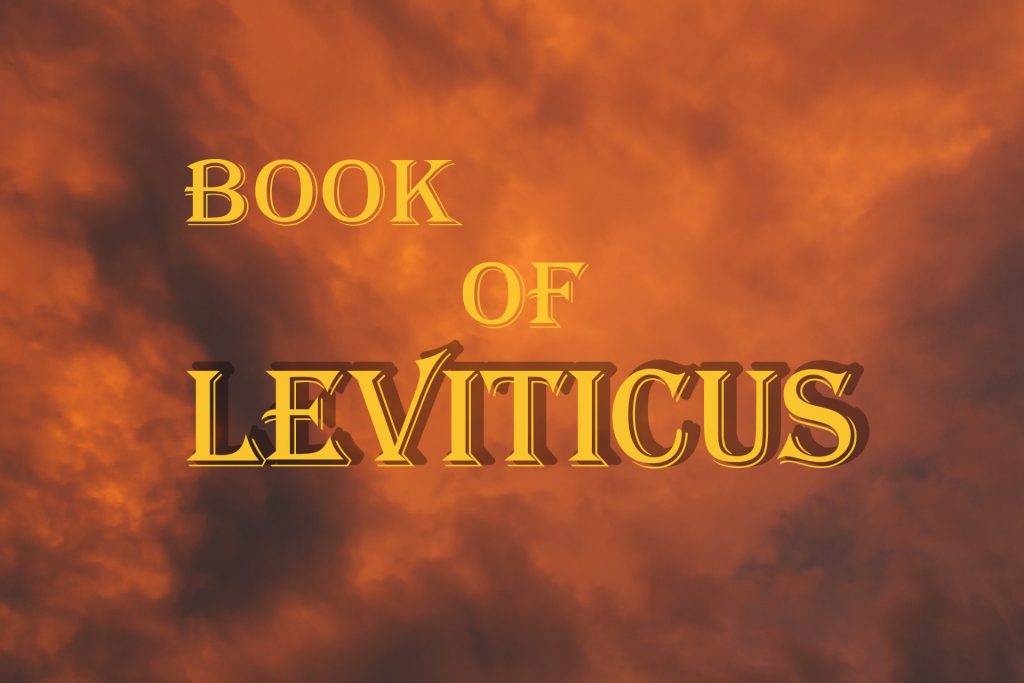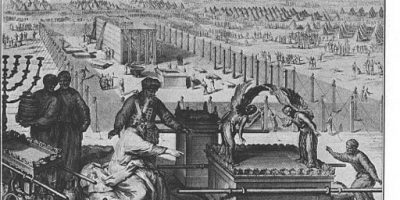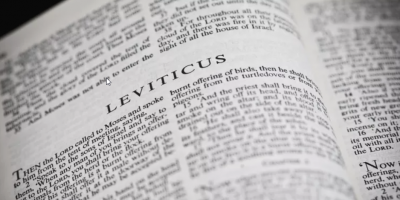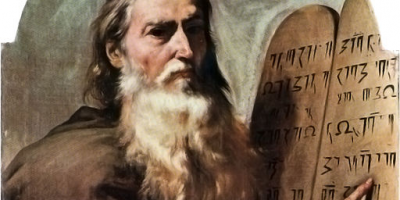
Book of Leviticus
The following are summaries and outlines for the Book of Leviticus.

Book of Leviticus Summary
Leviticus gives the laws and regulations for worship at the tabernacle, including instructions on ceremonial cleanness, moral laws, holy days, the sabbath year and the Year of Jubilee.
Leviticus explains how the Israelites are to be the Lord’s holy people and are to worship Him in a holy manner.
The theological focal point of Leviticus is God’s presence in the midst of Israel.

Title
Leviticus receives its name from the Septuagint (the pre-Christian Greek translation of the OT) and means “relating to the Levites.” Its Hebrew title, wayyiqra’, is the first word in the Hebrew text of the book and means “And he [i.e., the Lord] called.” Although Leviticus does not deal only with the special duties of the Levites, it is so named because it concerns mainly the service of worship at the tabernacle, which was conducted by the priests who were the sons of Aaron, assisted by many from the rest of the tribe of Levi.

Author and Date of Writing
The agreed upon author was Moses and it is assumed he wrote Leviticus and the rest of the Pentateuch after Israel's exodus between 1446 to c. 1406 B.C.
He very likely wrote all of the books of the Pentateuch after his call to lead the people out of Egypt, as recounted in Exodus 3.
This would have been in his last 40 years of life, during the wilderness
wanderings.
Leviticus Outline
I. The five offerings and the law of them, Chapters 1 — 7
A. The Five Main Offerings Chapters 1 — 3
- The Burnt Offering, Lev: 1:1-16
- Meal offering, Lev: 2:1-16
- Fellowship offering, Lev. 3:1-17
- The Sin Offering, Lev. 4:1-35-Lev. 5:1-13
- The Guilt Offering, Lev. 5:14-Lev.6:1-7
- Additional Regulations for the Offerings, Lev. 6:8-30-Lev.7:1-38
B. The Installation and Ministry of Aaron and His Sons (Lev. 8 - 10)
- The Ordination of Aaron and his sons, Lev. 8:1-36
- The Priests Begin Their Ministry, Lev. 9:1-24
- The Death of Nadab and Abihu, Lev. 10:1-20
C. The Distinction Between Clean and Unclean, (Lev. 11 - 15)
- Clean and Unclean Food, Lev. 11:1-47
- Purification After Childbirth, Lev. 12:1-8
- Regulations about Infectious Skin Diseases, Lev. 13:1-59
- Cleansing From Infectious Skin Diseases, Lev. 14:1-57
- Bodily Discharges That Cause Uncleanness, Lev. 15:1-33
D. The Day of Atonement (Lev. 16:1-34)
E. Holy Living (Lev. 17-26)
- Eating Blood Forbidden, Lev. 17:1-16
- Unlawful Sexual Relations, Lev. 18:1-30
- Various Laws of Holy Living, Lev. 19:1-37
- Punishment for Sin, Lev. 20:1-27
- Rules for Priests, Lev. 21:1-24 – Lev. 22:1-16
- Unacceptable Sacrifices, Lev. 22:17-33
- The Annual Festivals, Lev. 23:1-44
- Rules for Oil and Bread in the Tabernacle, Lev. 24:1-9
- Punishment for Blasphemy, Lev. 24:10-23
- The Sabbath and Jubilee Years, Lev. 25:1-55
- Covenant Blessings and Curses, Lev. 26:1-46